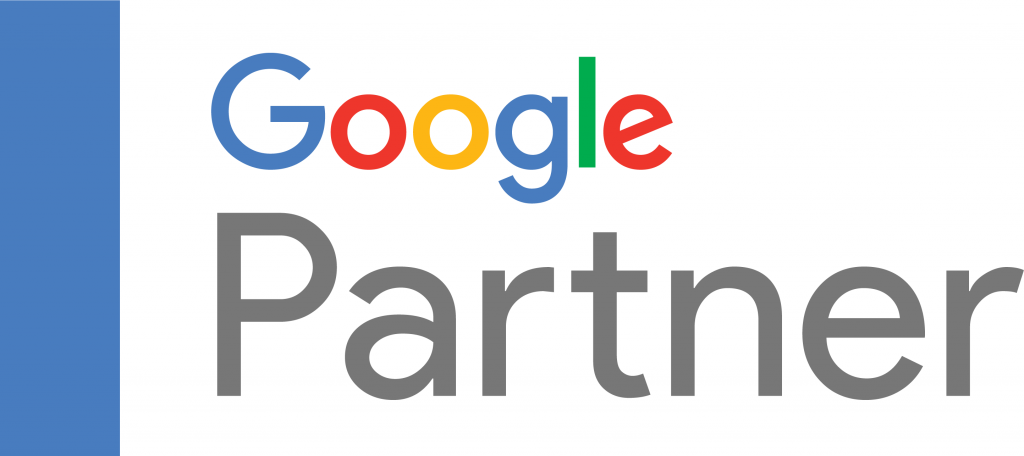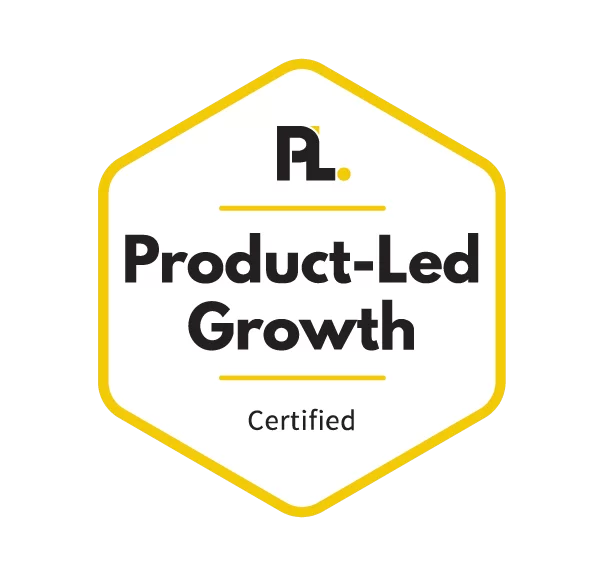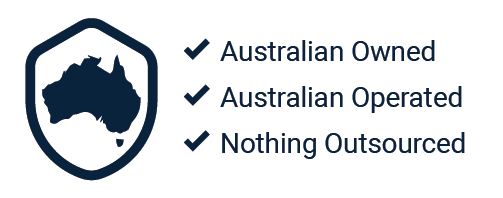
Securing good links and developing high quality content is the foundation of capitalizing on organic search. However, this process is much more complex than it seems. While it’s important to ask “how do we secure good links?” and “what is high quality content?” to be successful with search, you’ll also need to understand the importance of harmonizing workflows between content development and SEO strategies.
Many SEO professionals around the world have claimed that a common obstacle to success is a lack of understanding of initiatives when it comes to SEO. By disseminating some of the responsibilities of search engine success, such as content creation, from the SEO team into the broader digital marketing team, you’ll likely attain better results. Here are just some ways to better align SEO and content strategies.
Base Content Creation on SEO Research
SEO and content teams should be working together and coordinator long before any content is created. It’s important to give content writers creative freedom for topic development, but SEO needs to still be involved to include relevant information and make strategic based decisions to capitalize on search.
Simply put it, if you are seeking to earn more organic traffic you need content that involves both SEO and creative input. SEO’s can guide content strategy in two vital ways, competition and audience analysis.
Analyse Competition for Content Creation
Analysing content across your competitors is a great way to figure out what pages are performing better than yours and driving users to the competition. Tools such as Ahrefs, Moz and SEMrush can help determine what exact competitors have top linked pages and higher amount of organic traffic. Researching this information has proved essential in developing great content, as you can identify the topics among your market that your audience has a strong interest in. If your website lacks similar pages to those of your successful competitors, it’s recommended you create these pages and then seek to improve on them. Check out how to track competitor rankings below using the Moz Campaign tool:
Head into the rankings section:

Select the competition tab:

Scroll down into the tracked keywords overview to view your tracks keywords and their comparison to each of your tracked competitors:

When analysing a competitor’s top pages, your SEO’s can gather insight into:
- Keyword ideas
- Potential linking audiences
- Optimal content structure and length
- Alternative SERP opportunities (carousel, snippets etc.)
- Types of content formats (image-heavy, video, checklists etc.)
Your content team should have the objective of crafting pages that convert users from your competitor’s websites to your website and achieve higher visibility.
Analyse Audience for Content Creation
Performing an audience analysis can further benefit content creators prior to content development, specifically keyword research. The research associated with keywords that SEO’s carry out will help content creators take advantage of certain topics and opportunities by identifying the top themes and words based on searcher intent, volume and competition levels.
Understanding searcher intent is imperative when it comes to building your websites marketing funnel, where content needs to be crafted around the appropriate intent for each section of the funnel. Users who search with commercial intent are generally considered among those who have the shortest distance to completing a transaction, but they are also in the smaller portion of your marketing funnel. Therefore, by solely targeting these commercial searchers with your content, you’re cutting out a significant amount of other audience. On top of this, most pages that are dedicated towards commercial needs pose a low opportunity to succeed in organic search as they have such high levels of competition, especially e-commerce based sites.

Developing a wide range of high quality content across your site that targets multiple sections of the marketing funnel using relevant and well-researched keywords is critical to SEO success. The most advantageous opportunities when it comes to keywords are those with high search volume, low competition and where current ranking pages are lacking good content and there is an opportunity to offer something better from your own site. So as soon as an opportunity is identified in this field, SEO researchers need to ensure content formatting makes the relevant implementation to take advantage of this. A good example is when the term “What is SEO” is searched, one of the top results includes video content. This would be valuable information for content creation, showing that video content is a popular form of content for this searched term.

Developing pages around relevant keywords is integral when it comes to your content strategy and targeting the right audience, especially when combined with other factors such as on-site user experience and conversion rate optimization. Such knowledge empowers content teams to format their content towards what searchers prefer, increasing your sites ranking and competitiveness.
Involving SEO Throughout The Content Creation Process
Once the initial research is complete, it’s crucial for SEO to remain involved in content creation to provide maximum optimisation where possible. Consider asking SEO related questions such as “are title tags and meta descriptions optimised?” and “are there opportunities to build a greater amount of backlinks?”
In terms of elements such as meta description, your content writers need to be including both your page’s focus keywords whilst incorporating quality user-friendly content. By providing a short but comprehensive description, searchers will understand exactly what website they are visiting when they click on the provided link. Furthermore, meta description can also be used automatically as a snippet or description when links are shared across social media platforms such as LinkedIn and Facebook. So it’s important to develop content that caters to users and incorporates relevant keywords.

Despite the influence of backlinks varying over recent years, it continues to hold true that your website will likely rank higher in search engines if you have more credible websites and social media shares linking back to your site. This essentially comes down to content; meaning the higher quality your content is, the more likely it is that users will be inclined to write about it, link it on their own blogs and websites or share it on numerous social media platforms. Even though it’s achievable for an article or blog post to become highly shared without any influence of SEO, it’s still important to keep SEO as a main priority throughout the process of content planning. The biggest question to ask is what themes or topics are you wanting to rank for and once decided, what keywords will help user’s better find and share your content?
Meta descriptions and backlinks are just a couple of examples of the many elements that need to be considered when it comes to your content, multiple other factors such as outbound links, image optimisation and title tags should all be considered in the content creation process.
When the workflows between SEO and content are aligned, especially when it comes to competition and audience analysis, you’ll see better results and have more search success.









